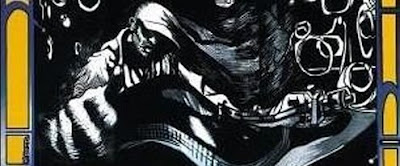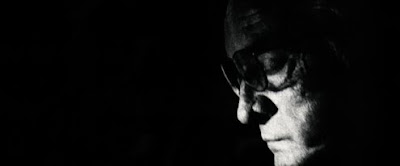 The Tony Hawk's series has been accused of running out of steam. While the third version was excellent, it offered little that the second title didn't. Neversoft has obviously sought to change things with this version, but despite this, the game is very similar to the last one. One change (albeit purely cosmetic) is that there's something very English about THPS4. From the inclusion of a London level to the presence of The Sex Pistols on the soundtrack, THPS4 has obviously been, at least in part, tailored for us Brits.
The Tony Hawk's series has been accused of running out of steam. While the third version was excellent, it offered little that the second title didn't. Neversoft has obviously sought to change things with this version, but despite this, the game is very similar to the last one. One change (albeit purely cosmetic) is that there's something very English about THPS4. From the inclusion of a London level to the presence of The Sex Pistols on the soundtrack, THPS4 has obviously been, at least in part, tailored for us Brits.In terms of presentation it remains almost identical to the previous three iterations. Fourteen pro skaters are included (Jackass star Bam Margera is once again involved) as well as the now-mandatory create-a-skater facility. Nine levels are included in all (seven regular plus two secret ones) which vary from a shipyard to a zoo. The selection of one and two player modes remains the same as THPS3, however, THPS4 includes the option for online play for up to eight players. Interestingly, the graphics are still a little below what may be expected from a PS2 game, but nonetheless they remain capable. The soundtrack, however, is simply awesome. The Sex Pistols, Aesop Rock, NWA, Iron Maiden and Run DMC all make an appearance giving the game unquestionably the best soundtrack ever.
The only major difference is the removal of time limits on each level. The levels are much, much larger now, and the player is given the freedom to skate around to their heart's content. Now, the player has to approach any citizens standing around to begin a quest. There are now sixteen challenges on each level, which is somewhat higher than the amount found on the previous game. This may involve the by now standard collection of 'S,K,A,T,E' or something more novel like helping a prisoner tunnel out of Alcatraz. There is a definite emphasis on fun in this game, as many of the games available have no bearing on the player's progress (playing tennis or betting on two prostitutes having a fight).
Other additions include the ability to 'skitch', that is to hold on to the back of a moving vehicle (or elephant) to earn extra points. New pogoing tricks are available to the more advanced player as well. Finally, the player can now transfer over the spines of pipes to rack up even longer combinations. Each of these functions has been included to help the player produce longer combinations and therefore gain larger scores. The new mission structure enables these new skills to be introduced gradually, but THSP experts should have no problem picking up the new abilities.
For me, the removal of the time limit makes this iteration of THPS a slightly poor relation to the third version. The appeal of the Tony Hawk's series for me has always been attempting to rack up 500,000 point plus combos. THPS4's reliance on comedy somewhat removes the emphasis from gaining huge scores. While not the best, it is undoubtedly the most varied version of the franchise, and fans of the series should consider this an essential purchase.



